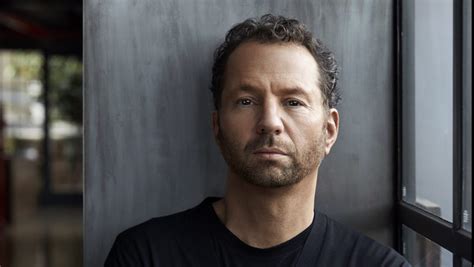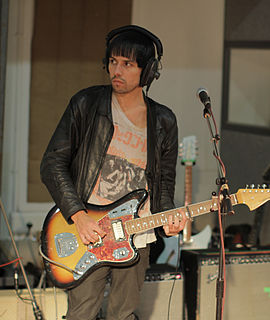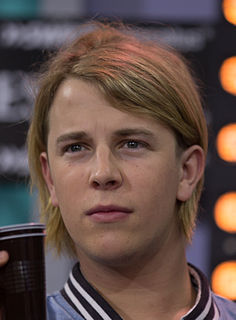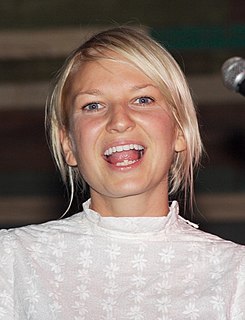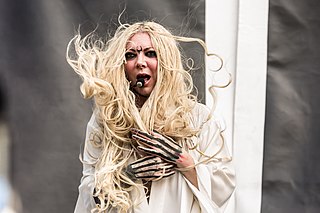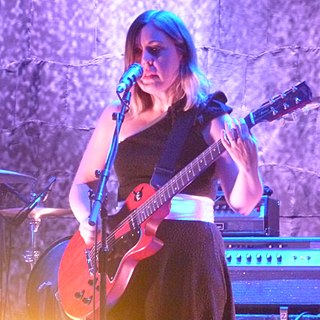A Quote by Michael Rapino
To be the music company of the future, you have to figure out a way to be a great business and distribution partner of younger bands, midsized bands, and ones that break out, like Arcade Fire.
Related Quotes
I've always been a fan first and foremost - obsessing over bands and seeking out bands, and spending hours and hours listening. When I played music, the scope of my fandom became more myopic; I was focusing on the bands we were touring with, or the bands on the label. And you're always positing yourself in relation to other bands. Since I haven't been playing, I feel a little less cynical. I'm able to seek out music and approach it strictly as a fan.
I think there are plenty of good bands out there, but the great bands aren't affected by what's going on around them, trends and all that and competing with other bands and wanting to be the biggest, we find that happens a lot. Bands look at other bands and think: that's what I want, you know? I think that remaining.
I first started going to shows when I was about 16 - seeing local bands. I mean, I loved music before that, and I played a bit of guitar when I was younger and thought maybe I'd become a guitar teacher or something, but when I saw other kids doing it, I was like, 'Whoa, these are great bands! I can do it, too.'
